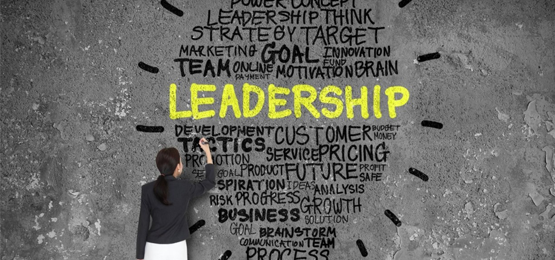
How Leaders Can Improve Problem-Solving Abilities
In today's fast-paced and ever-changing business landscape, effective problem-solving skills are more critical than ever for leaders. The ability to navigate challenges, find innovative solutions, and make sound decisions can set great leaders apart. Here are some strategies to enhance your problem-solving abilities and lead your team to success.
1. Embrace a Growth Mindset
-
Leaders with a growth mindset believe that their abilities and intelligence can be developed with effort, learning, and persistence. This mindset fosters resilience and a willingness to tackle challenges head-on. To cultivate a growth mindset:
- Encourage Learning: Promote a culture of continuous learning within your team. Attend workshops, take courses, and encourage your team to do the same.
- Accept Failures as Learning Opportunities: View failures as valuable lessons rather than setbacks. Analyze what went wrong and how to improve.
2. Foster Collaborative Problem-Solving
-
Leaders should recognize the value of diverse perspectives in solving problems. Collaborative problem-solving leverages the collective intelligence of your team, leading to more creative and effective solutions. To encourage collaboration:
- Build Diverse Teams: Assemble teams with varied backgrounds, experiences, and skills.
- Facilitate Open Communication: Create an environment where team members feel safe to share ideas and opinions. Use techniques like brainstorming sessions and roundtable discussions.



3. Develop Critical Thinking Skills
-
Critical thinking involves analyzing facts, evaluating evidence, and making reasoned judgments. Leaders can enhance their critical thinking skills by:
- Evaluating Multiple Perspectives: Consider different viewpoints and alternatives before making decisions.
- Reflecting on Decisions: After making a decision, reflect on the outcome and the decision-making process to learn and improve.
4. Utilize Data and Analytics
-
In the age of big data, leveraging analytics can provide valuable insights and improve problem-solving. Leaders should:
- Collect Relevant Data: Identify the key metrics that matter to your business and gather accurate data.
- Analyze Trends: Use data analysis tools to identify patterns and trends that can inform your decisions.
- Make Data-Driven Decisions: Base your strategies and solutions on solid data rather than gut feelings.
5. Enhance Emotional Intelligence
-
Emotional intelligence (EI) is the ability to understand and manage your own emotions and those of others. High EI can improve problem-solving by:
- Building Strong Relationships: Develop trust and rapport with your team, making it easier to navigate challenges together.
- Managing Stress: Stay calm under pressure and help your team do the same, ensuring that stress doesn’t cloud judgment.
- Empathizing with Others: Understand the emotions and perspectives of others, which can lead to more compassionate and effective solutions.
6. Practice Decision-Making Under Uncertainty
-
Leaders often need to make decisions without having all the information. To improve decision-making under uncertainty:
- Develop Scenarios: Create various scenarios and consider possible outcomes to prepare for different situations.
- Prioritize Flexibility: Be willing to adapt and pivot as new information becomes available.
- Learn from Experience: Reflect on past decisions made under uncertainty and what you learned from them.






